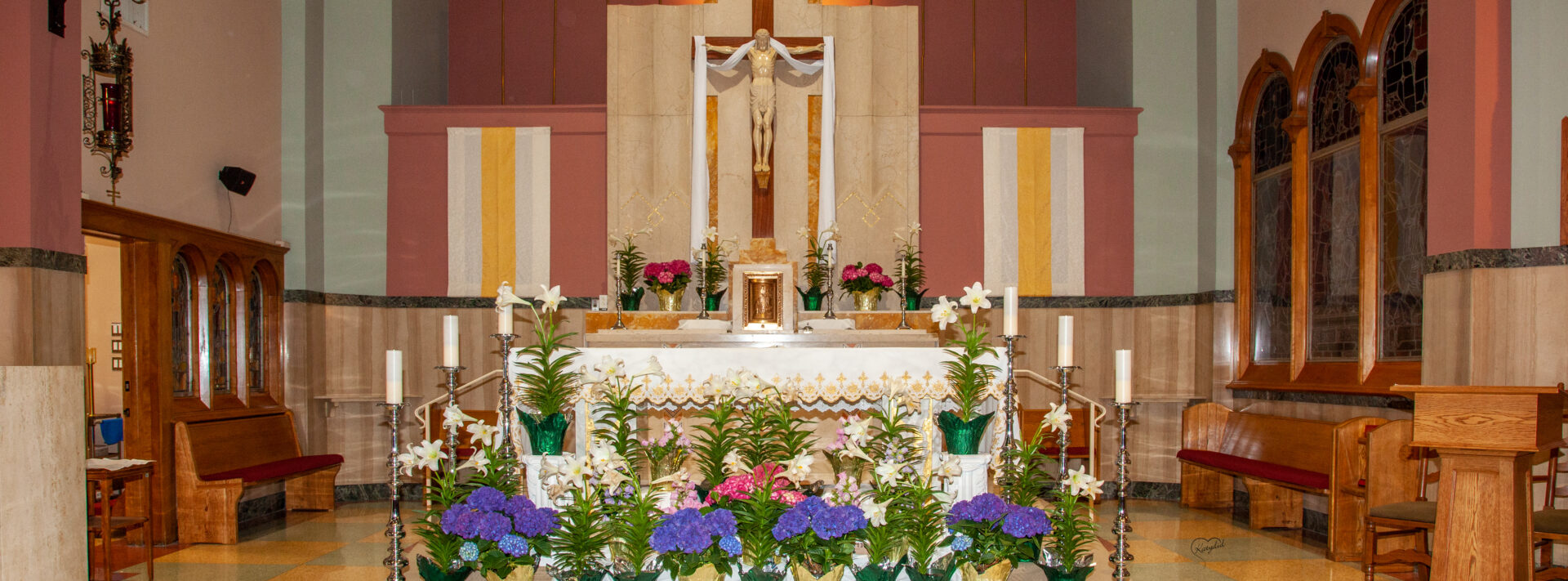Humility: The Path to Holiness
The depth of our relationship with God and the profundity of our spiritual life depend a great deal on how humble we are. Humility reminds us of our emptiness, our poverty, and our great need for the loving mercy of God. God is always pleased with the humble, for His “eyes are drawn to the person who has a humble and contrite spirit” (Is 66:2). A proud person is one who presents his credentials to God for approval, thinking himself to be better than others and that it all depends on his own human effort. One who possesses humility clearly sees his imperfections and sins, does not compare himself to others, and trusts that the grace and mercy of God can transform him. In this Sunday’s Gospel, due to his pride and arrogance, the Pharisee’s supposedly good deeds were turned to ash. On the contrary, because of his humility and trust, the Tax Collector received pardon for his sins and reconciliation with God.
The Pharisee was considered to be an honorable person in that society and was a strict follower of the Word and all of the Commandments. He spent more time in the temple and prayed more than any of the ordinary people. He fasted twice a week when Jewish people in those days only fasted once a year. He paid tithes on his whole income while others paid much less. The Pharisee mistakenly thought that he deserved God’s favor because of his good deeds, which he credited to his own effort. He is the person with the ultimate sense of entitlement who attributes his own moral superiority to himself. His tragic flaw was that he is totally blind to his self-made and self-earned illusion. As a result, he is unable to see that there is a shared humanity between himself and the Tax Collector. The Pharisee judges him harshly and puts himself above the latter: “I am not like the Tax Collector here.”
The Tax Collector had a profession that made him the most despised person in town. He was seen as a traitor by most, because he collaborated with the Romans, and was even viewed as a thief. His prayers however were different than the Pharisee. The Tax Collector threw his life into the hands of God’s mercy. He understood that nothing he could do in this life could ever merit anything from God. He came to an awareness that he didn’t even have a right to life itself, let alone any possessions in life. This humble man recognized and expressed sorrow for his sins, thus opening his heart to God’s loving mercy and forgiveness. Jesus says that the Tax Collector’s prayers were heard and answered.
In the eyes of Jesus, it is not self-made righteousness but empathy and compassion that truly matter. The Pharisee fails the litmus test of authentic discipleship because of his harsh judgement and lack of empathy and compassion that truly matter in God’s eyes. The Tax Collector, on the other hand, is praised because free from any sense of entitlement, he is totally open to the gratuity of God’s grace.
This parable calls each of us to make the journey from pride to humility. Humility brings us to the knowledge of our human fallibility and imperfection. It helps us to realize the insufficiency of human effort, as well as to recognize our sins and seek pardon for them. Humility makes us pliable and brings us the graces we need to allow ourselves to be molded by God into the best version of ourselves that can ever be! It is this knowledge that leads us to seek the Lord’s mercy and pray in humility of heart, like the Tax Collector in the Gospel Reading today. For it is only in being humble that we can actually be exalted, “for everyone who exalts himself will be humbled, but the one who humbles himself will be exalted.”
May God love and bless you!
Sr. Kathleen Fitzpatrick, IHM

